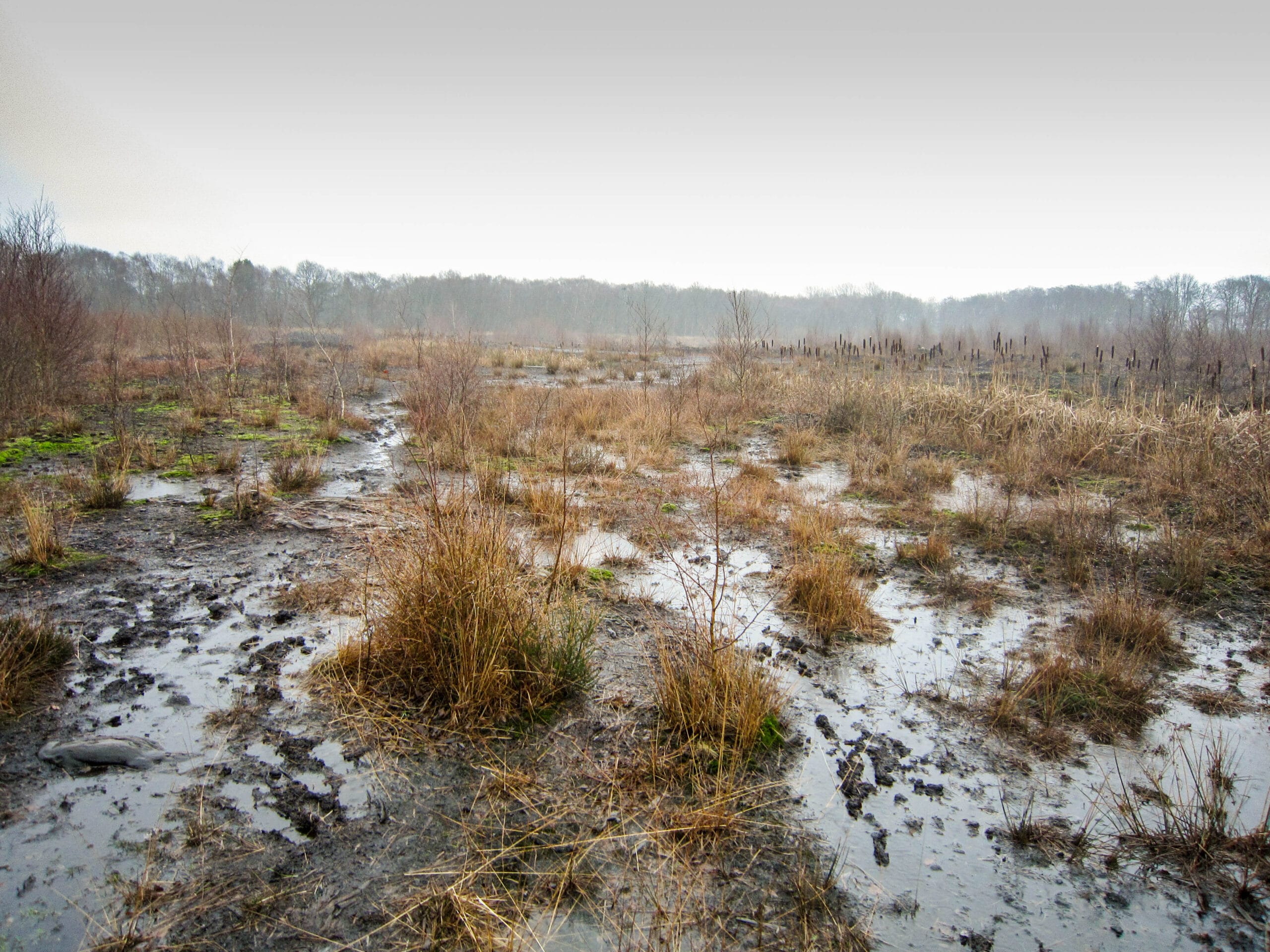
Lindow Moss is an ecologically and historically significant peatland, but decades of drainage and degradation have left it in poor condition. In autumn 2024, we were commissioned by Groundwork CLM to survey peat extent and condition, map habitats and hydrology, and identify opportunities for restoration. This work lays the foundation for restoring the site for climate, nature, and people.
Restoring Lindow Moss is a collaborative effort, bringing together conservation organisations, local authorities, and community groups through the Lindow Moss Landscape Partnership. Their 10-year restoration plan focuses on enhancing carbon storage, improving biodiversity, protecting cultural heritage, and supporting community involvement. Partners include Transition Wilmslow, Friends of Lindow Moss, Cheshire East Council, Wilmslow Town Council, Cheshire Wildlife Trust, Mersey Rivers Trust, and Groundwork CLM.
We worked closely with Groundwork CLM and landowners to secure access for surveys through emails, calls, mail-outs, and a press release linked to the StoryMap. This approach secured access to over 50% of the Landscape Character Area and created a database to support ongoing and future restoration, while fostering local support and stewardship.
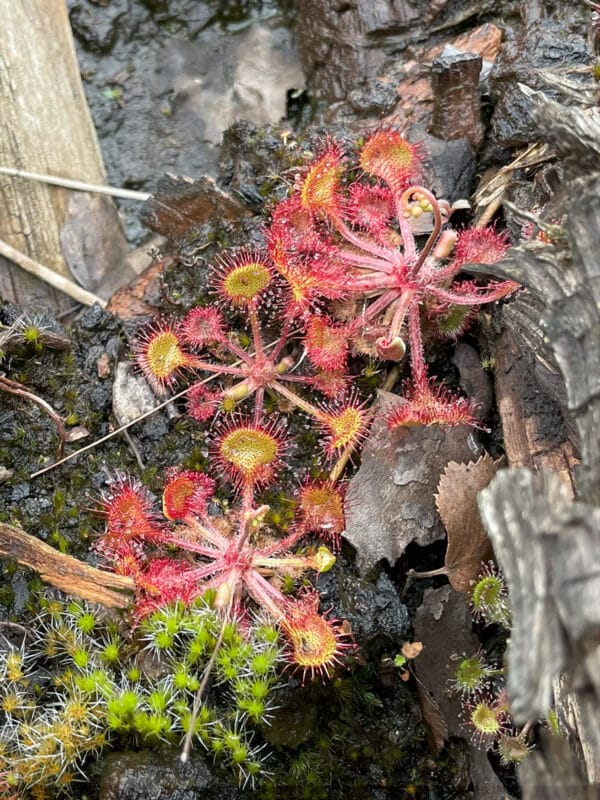
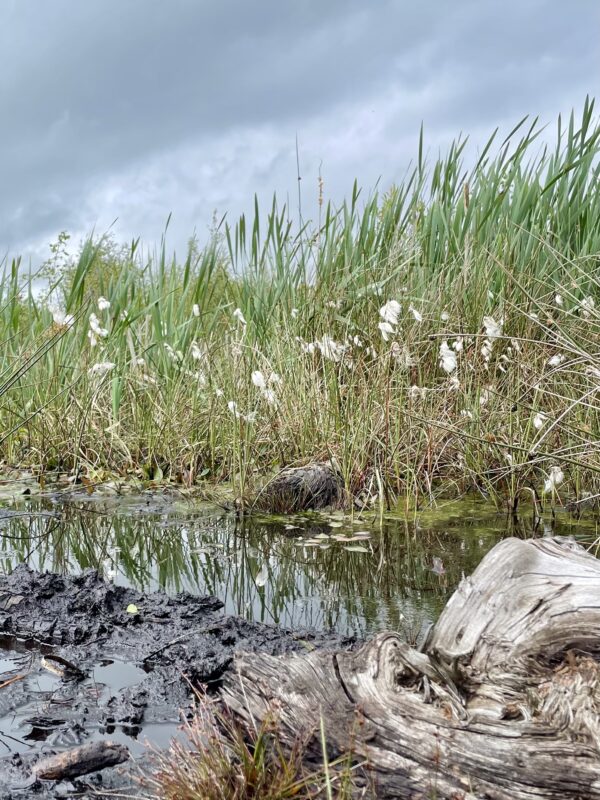
(Photos courtesy of Groundwork CLM)
Using a bespoke ArcGIS Field Maps tool, we conducted detailed surveys incorporating elements of the Peatland Code methodology. Surveys recorded:
This work produced a comprehensive baseline of the peatland’s condition, helping the partnership target areas for rewetting, habitat recovery, and restoration interventions.
Multi-Criteria Decision Analysis (MCDA) supported the generation of a landscape restoration opportunity map, highlighting where interventions would have the greatest impact. Using our in-house habitat modelling tool, HabiTEP, we produced a UKHabitat map of the full site, which is now being ground-truthed with ecological survey data. Together, these tools inform restoration planning and guide actions to recover habitats, protect biodiversity, and restore carbon storage.
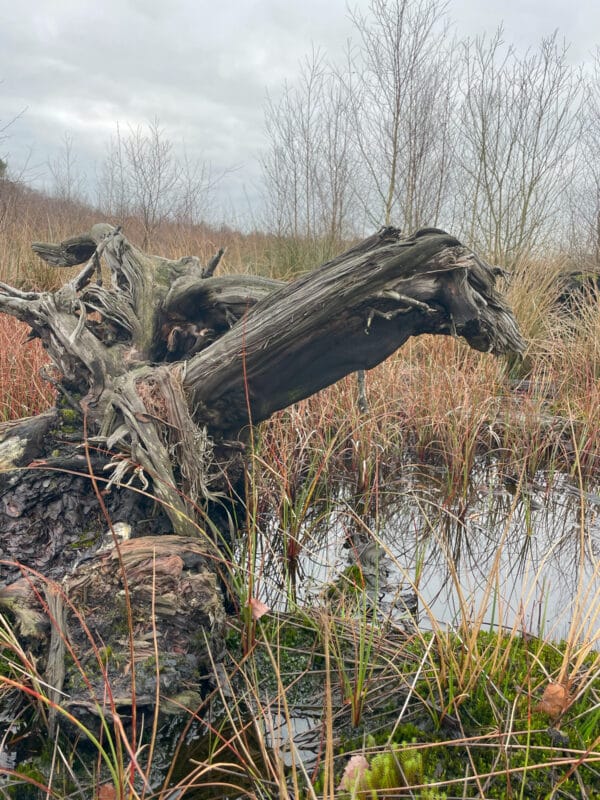
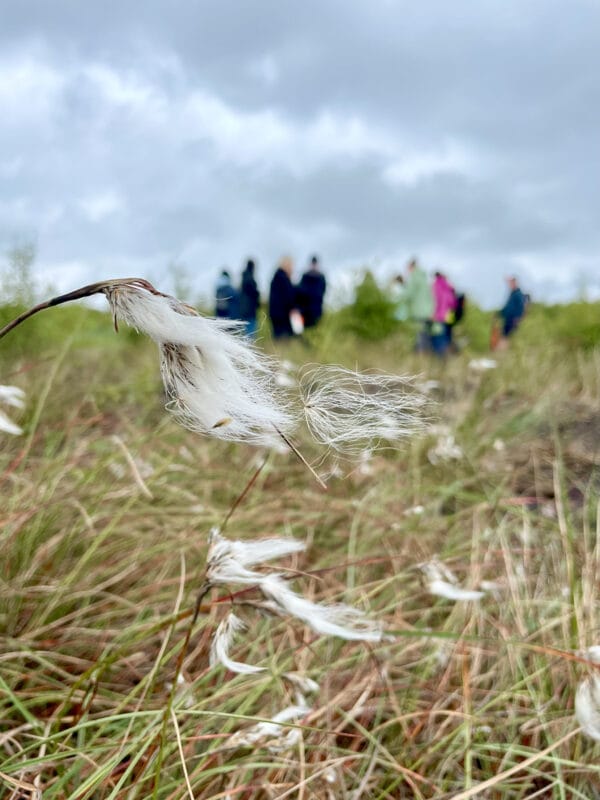
(Photos courtesy of Groundwork CLM)
The next phase focuses on implementing restoration actions, including:
The Lindow Moss Landscape Partnership is committed to restoring this vital ecosystem for people, nature, and climate. We are proud to have contributed to this ambitious project and looks forward to supporting its next stages.
For an interactive view of survey results, maps, and restoration opportunities, visit the Lindow Moss StoryMap
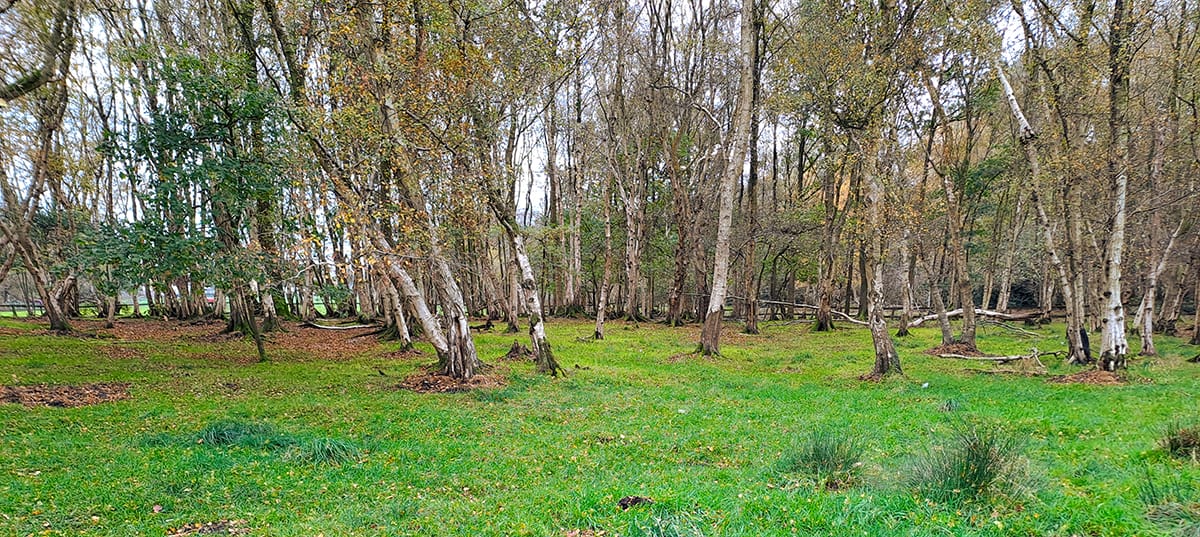
(Photos courtesy of G Davies, TEP)








